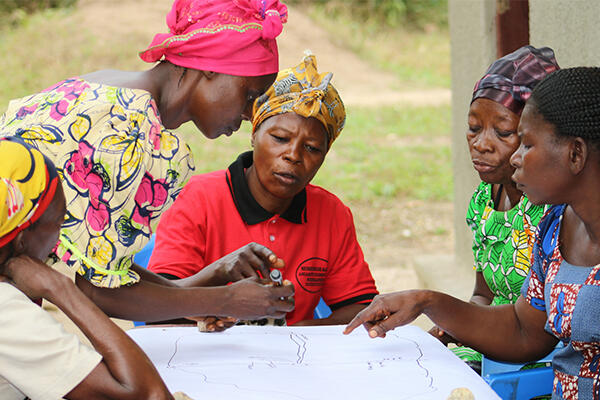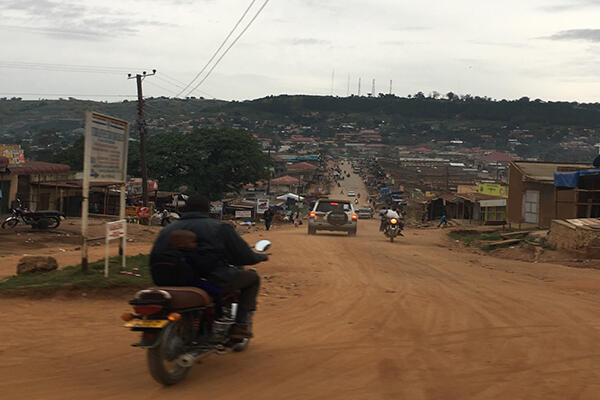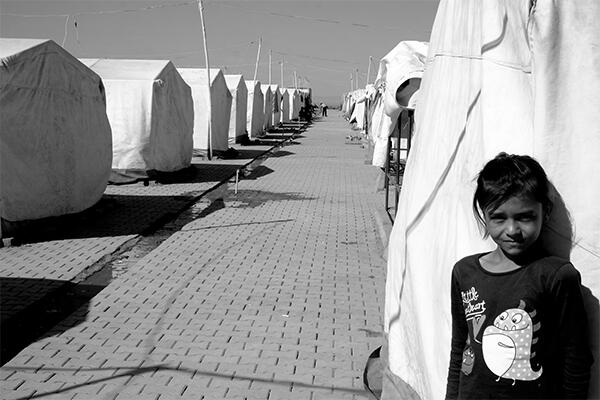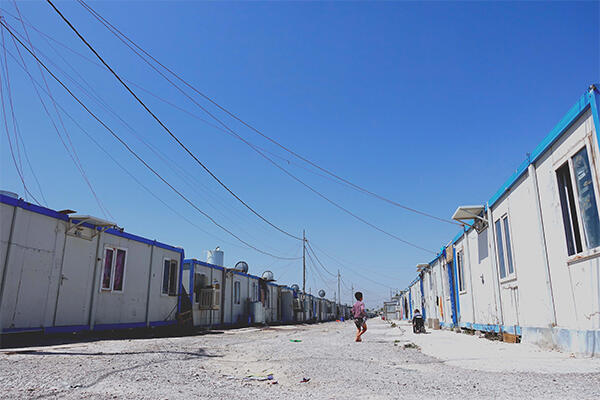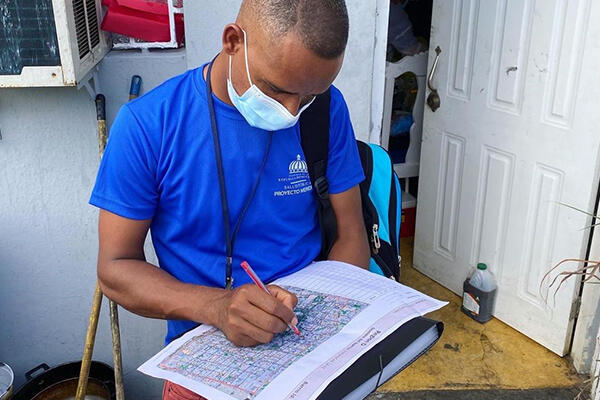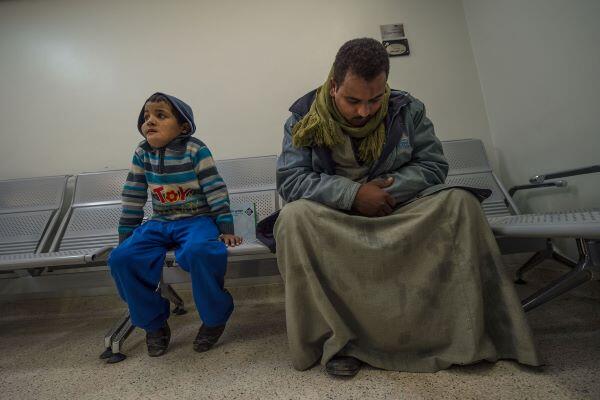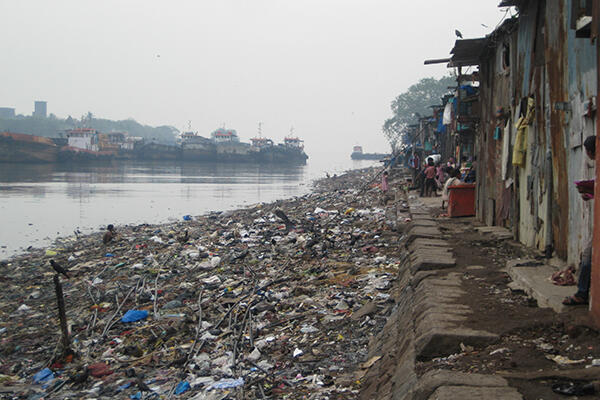Phuong Pham, Katrina Keegan, Lisa Grazina Johnston, Jose Rodas, Maria Alejandra Restrepo, Carol Wei, and Patrick Vinck. 10/2022. “
Assessing the impact of the COVID-19 pandemic among Venezuelan refugees and migrants in Colombia using respondent-driven sampling (RDS.” BMJ Open.
Read PublicationAbstract
Objectives: To determine factors associated with adherence to COVID-19 mitigation measures, related symptoms and testing, as well as pandemic-related income loss among Venezuelan refugee and migrant adults in urban and border areas of Colombia.
Design: Phone-based respondent-driven sampling
Setting: Bogotá and Norte de Santander, Colombia.
Participants: 605 adult Venezuelan refugees and migrants residing in Bogotá (n=305) and Norte de Santander (n=300), who arrived in Colombia after 2014 and completed the survey in August and September 2020.
Primary and secondary outcome measures: Full COVID-19 compliance (vs incomplete or no compliance), any COVID-19-related symptoms (vs none) and income loss due to isolation measures in Colombia (vs no income change or increase in income).
Results: Older age was associated with lower odds of compliance with physical distancing measures (0.94, 0.90–0.99; p=0.01) for those in Bogotá. Nearly 15% of refugees and migrants in both locations (81 of 605) experienced at least one symptom consistent with COVID-19. Having a health condition was associated with higher odds of experiencing COVID-19-related symptoms in Bogotá (4.00, 1.22–13.06; p=0.02) and Norte de Santander (6.99, 1.95–24.99; p=0.003). Around 8% in both locations (48 of 605) were tested for COVID-19. Around 90% in both locations (537 of 605) had trouble earning an income after the introduction of isolation measures, and the median reported monthly income decreased by half in Bogotá and by 30% in Norte de Santander. A higher level of education (3.46, 1.02–11.75; p=0.05) was associated with higher odds of income loss among participants in Norte de Santander.
Conclusions: Results indicate high compliance with COVID-19 mitigation measures, low testing rates and high pandemic-related income loss among Venezuelan refugees and migrants in Colombia. This study provides insights into a hard-to-reach refugee and migrant population in Colombia; additional study on the effects of the pandemic on hidden populations is warranted.
